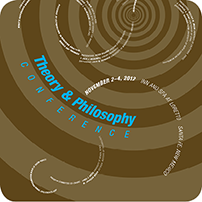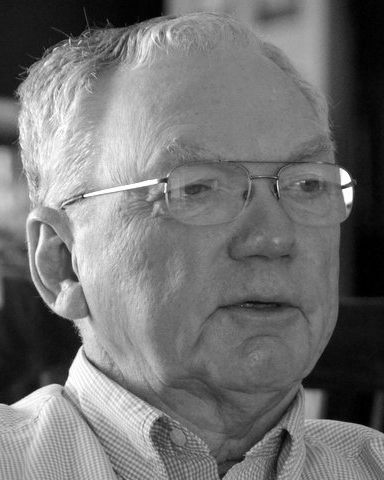A Behavioral Analysis of Morality and Value

Max Hocutt (retired)

Max Hocutt, formerly editor of Behavior and Philosophy, is the author of three books and a hundred or so scholarly articles. A native of Alabama, he was born in 1936 in Tuscaloosa and attended public schools in Mobile. He has bachelor's (1957) and master's (1958) degrees from Tulane University and a Ph.D. (1960) from Yale University, all in philosophy. He worked in the classroom for 41 years, five at the University of South Florida where he taught human behavior and 36 at the University of Alabama where-for 13 years-he chaired the Department of Philosophy. One of two philosophers (the other is Willard Van Orman Quine) mentioned in B. F. Skinner's autobiography, Hocutt spent the first half of his academic career focusing on psychology and the second on moral philosophy. After retiring from teaching in 2001, he added political philosophy to the large variety of topics on which he writes and speaks. He still resides in Tuscaloosa.
Abstract: Morality has long been conceived as a set of divinely instituted, otherworldly rules meant not to describe or explain behavior, but to guide it toward an absolute good. The philosophical formulation of this theory by Plato was later grafted onto Christian thought by Augustine and Aquinas. The equally ancient theory of the Greek sophist Protagoras-that the good is relative to personal preferences and morality to manmade social customs-was forgotten until revived in the 18th and 19th centuries by such empiricists such as David Hume and J. S. Mill. Then it was dismissed again by G. E. Moore in the 20th century as "naturalistic fallacy"-conflation of what is with what ought to be. However, those who took this dismissive attitude themselves made the reverse mistake of conflating what ideally ought to be with what actually is. In other words, they mistook ideals for actualities. As Skinner said in Beyond Freedom and Dignity, sorting things out requires behaviorist parsing of "the good" (the personally reinforcing) and "duty" (the socially reinforced).